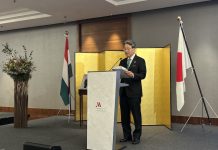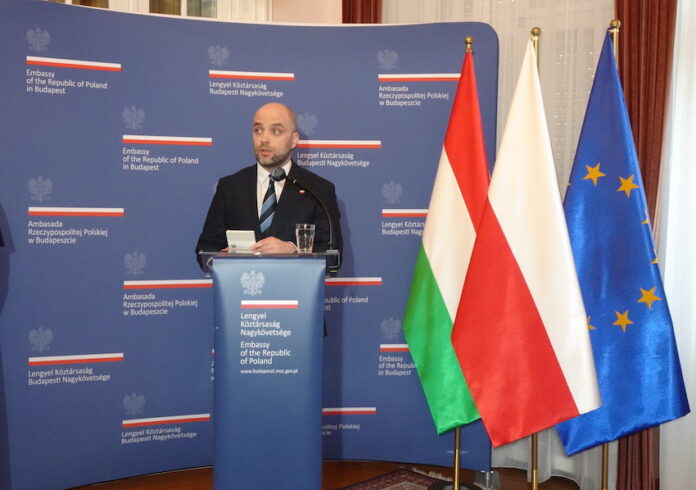Edited by Anna Popper
The Polish Constitution of 3 May 1791 was the first written national constitution in Europe and the second oldest in the world after the Constitution of the United States of America.
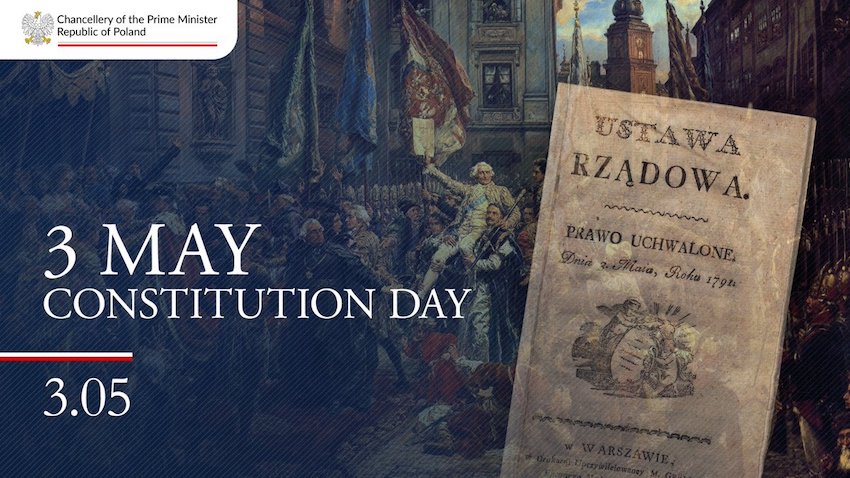
It is considered one of the most important achievements of the Polish Enlightenment. The constitution was instituted by the Government Act, adopted on that date by the Great Sejm (Polish parliament) of the Polish–Lithuanian Commonwealth. In 2015 it was recognized by the European Commission with the European Heritage Label.
The Government Act was considered revolutionary as it codified a constitutional monarchy with three distinct branches of government and extended rights to all social classes, and guaranteed tolerance and freedom for all religions.
The 3rd May Constitution kept the Polish spirit alive, generated pride and persistence in the most difficult times of Polish history, as a symbol of freedom and an inspiration for independence.
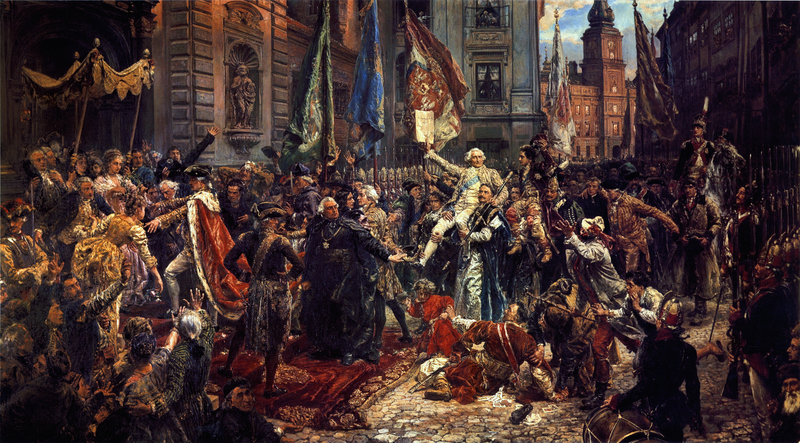
Celebrating the 232nd anniversary of this historic event, H.E. Sebastian Kęciek, Ambassador of the Republic of Poland to Hungary hosted a diplomatic reception at the Embassy in Budapest, which was attended by representatives of the Hungarian public administration, members of the diplomatic corps and the Polish community.
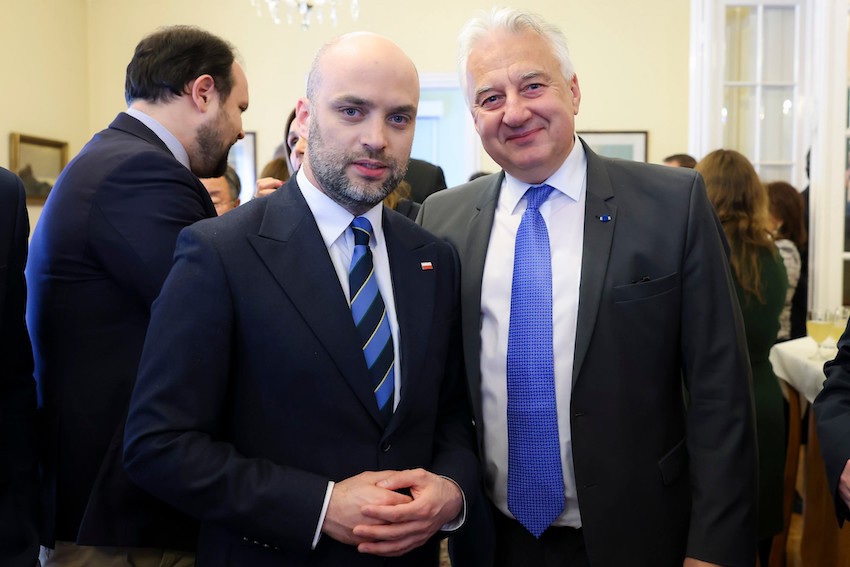
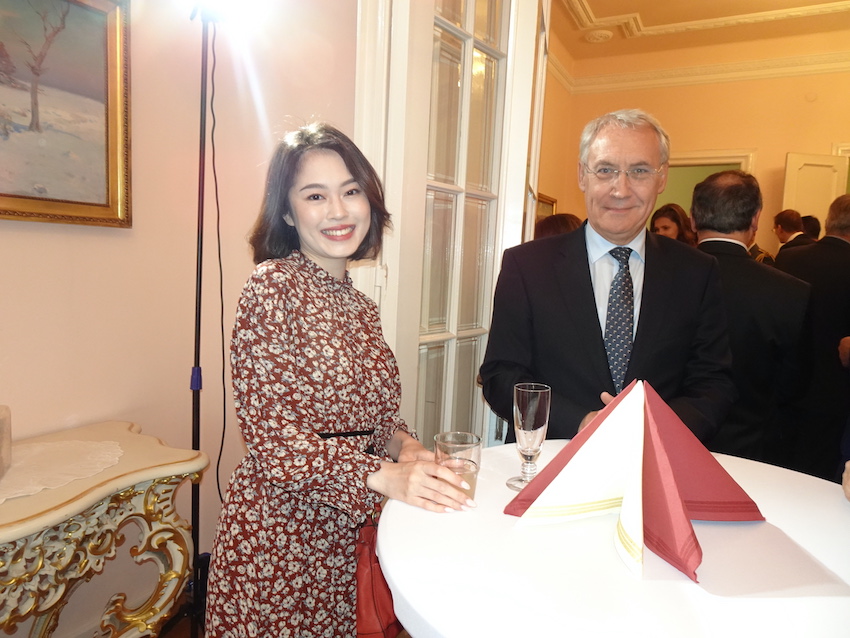

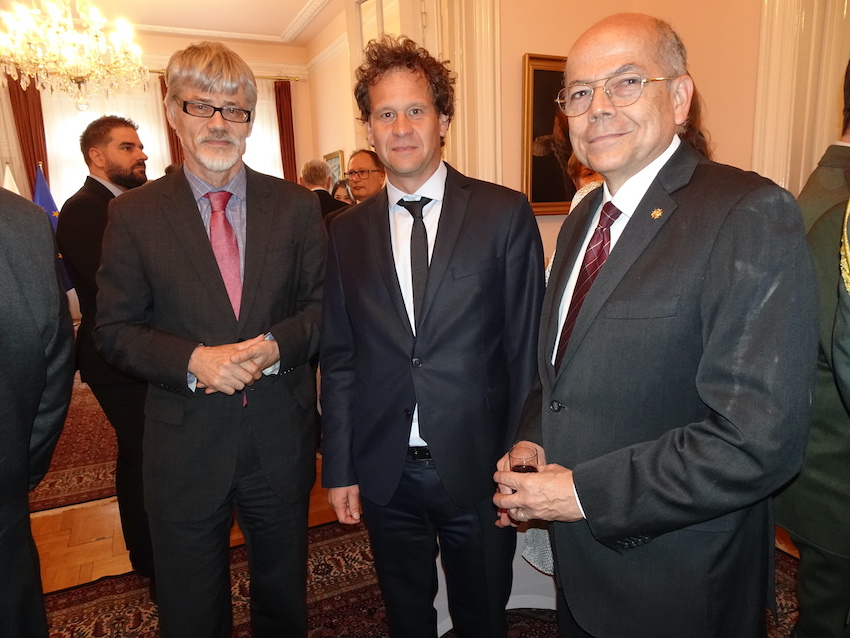
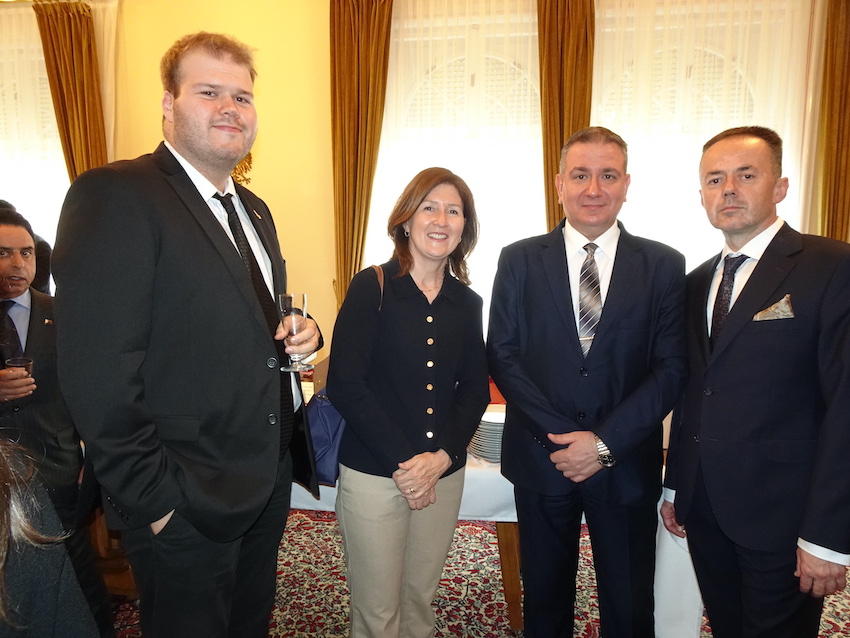
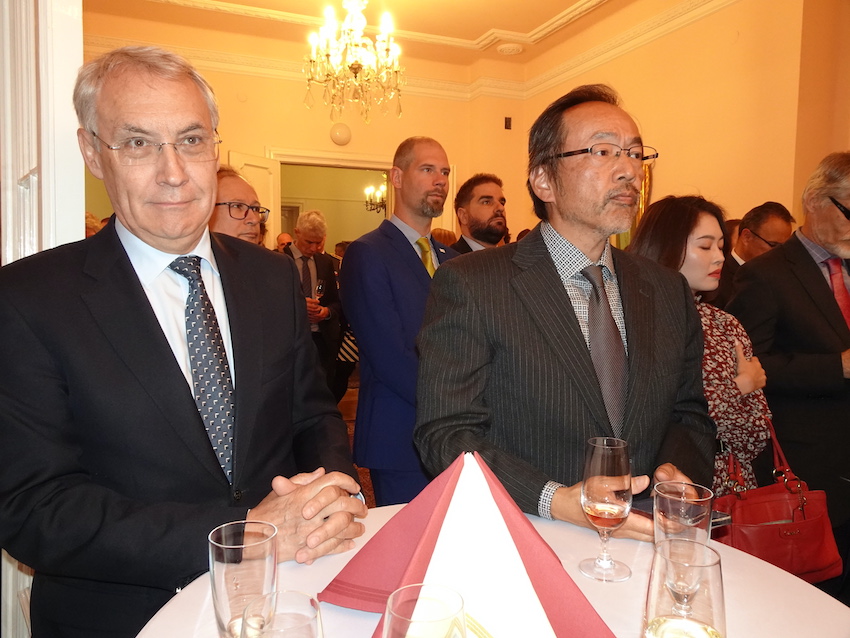
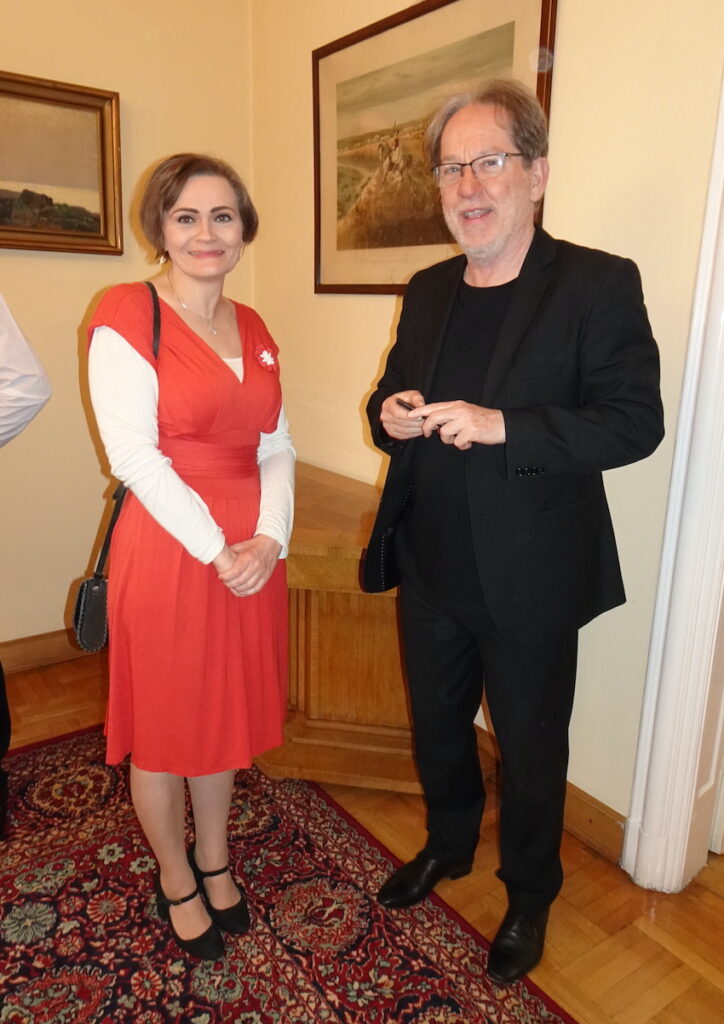
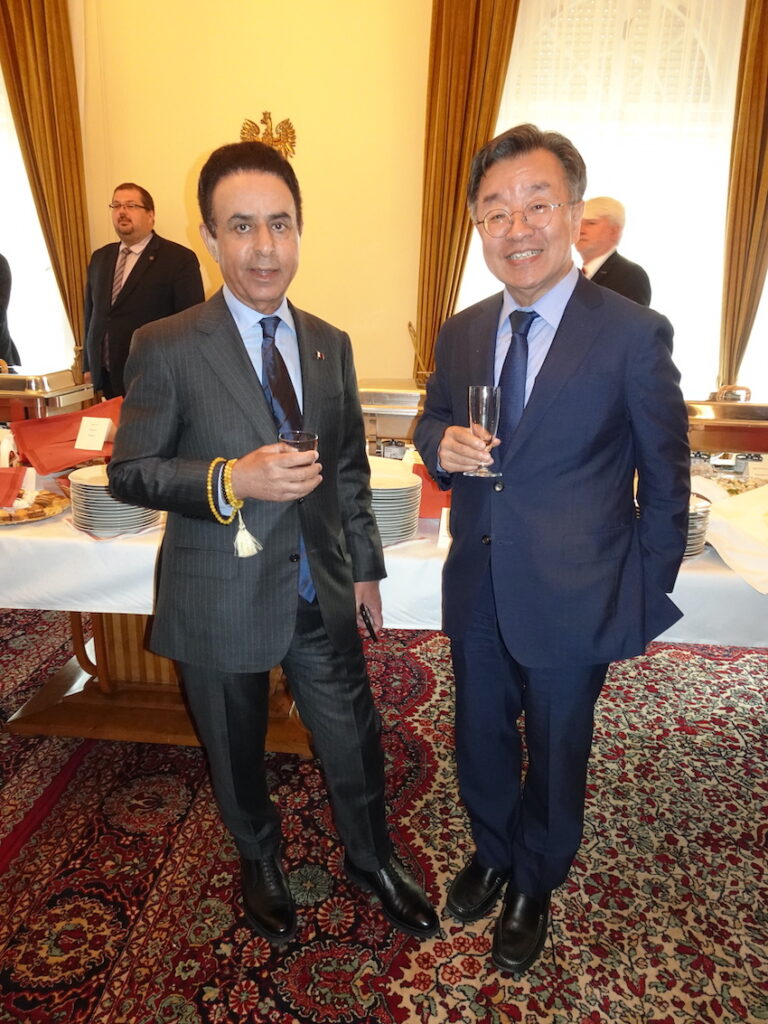
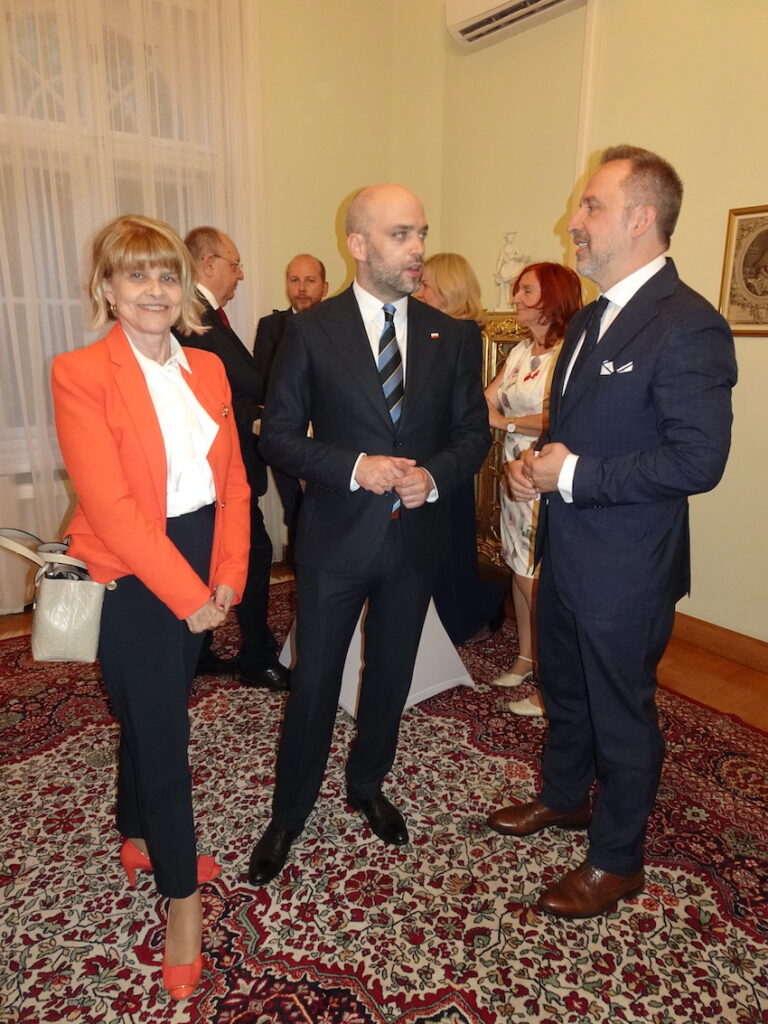

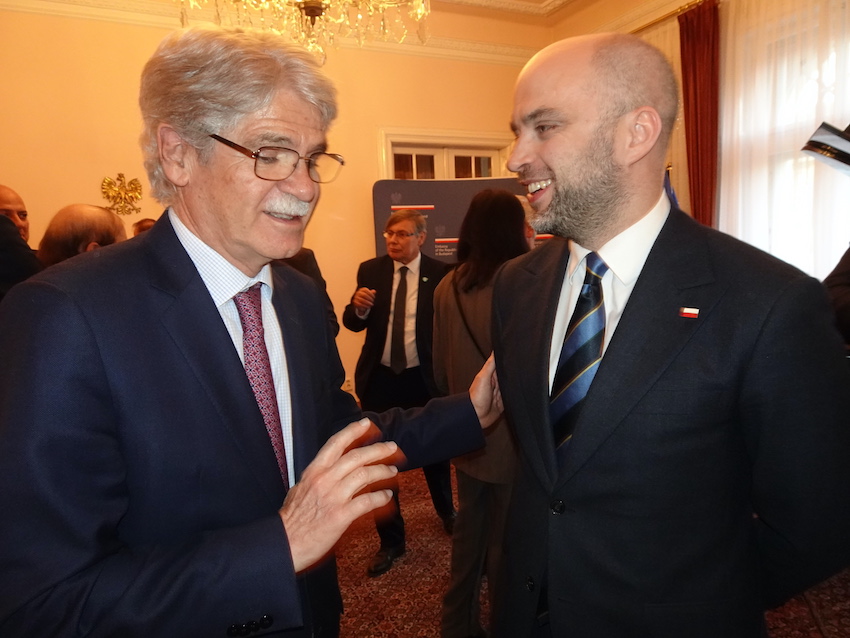
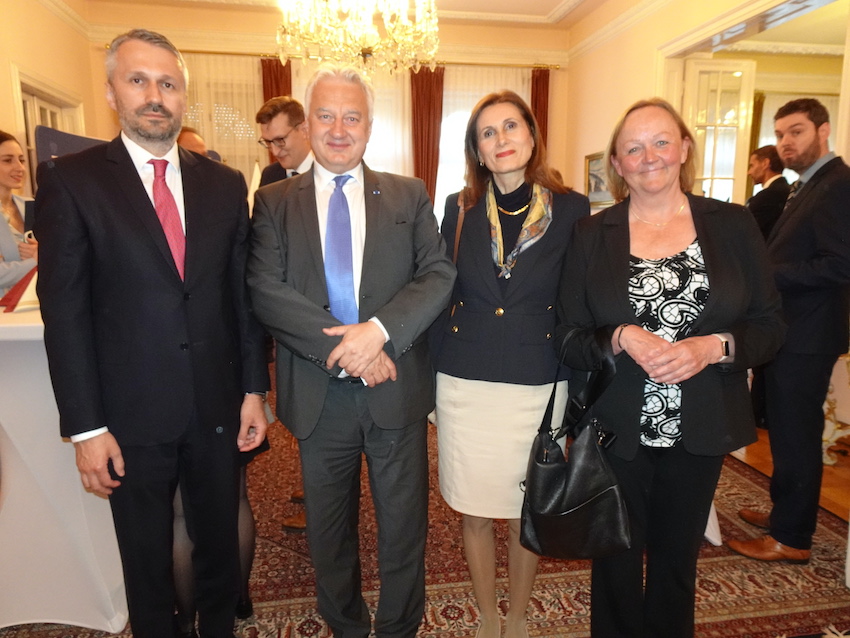

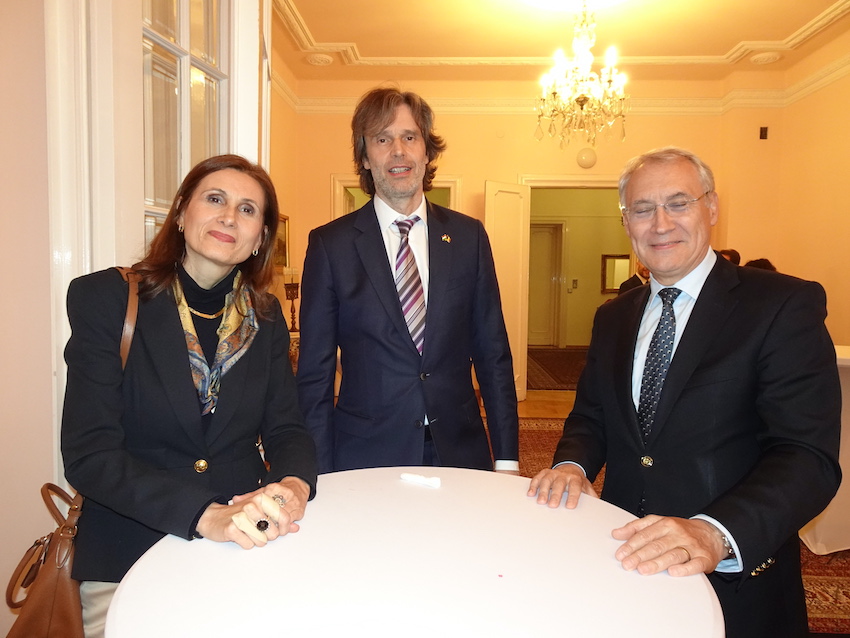

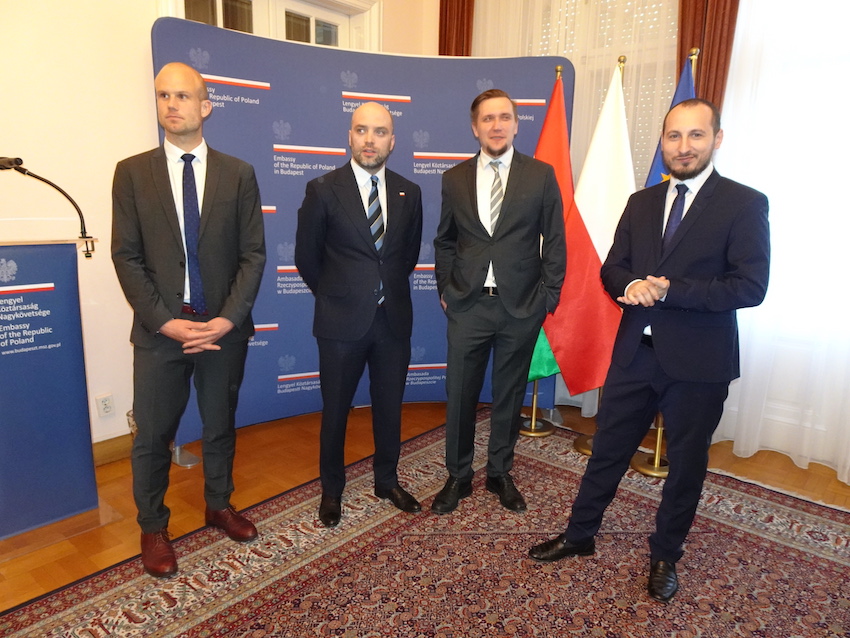
The Hungarian government was represented by Mr Zsolt Semjén, Deputy of the Prime Minister, and Tibor Navracsics, Minister of regional development and EU resources.

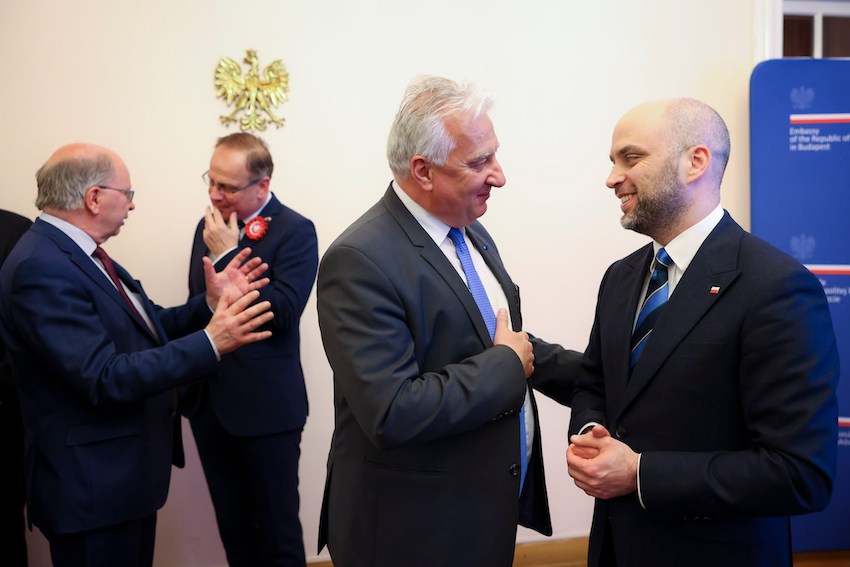
In his speech, the Ambassador greeted the guests and said:
“The May 3 Constitution became a symbol of great political achievements, the legacy of which was drawn by successive generations of Poles and Lithuanians united in one state. The constitution, adopted during the great turmoil in Poland on the eve of the partitions, gave us the feeling that we are free and we can fight for this freedom in every field.”
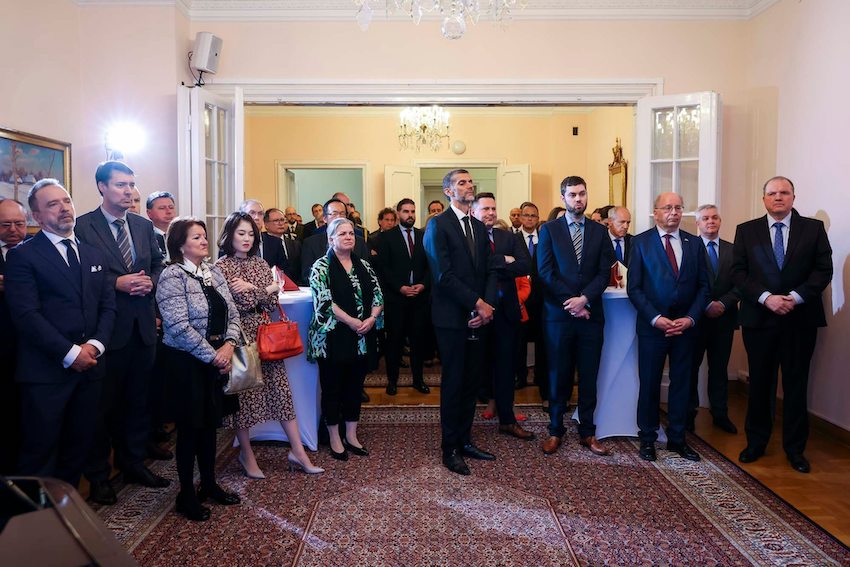
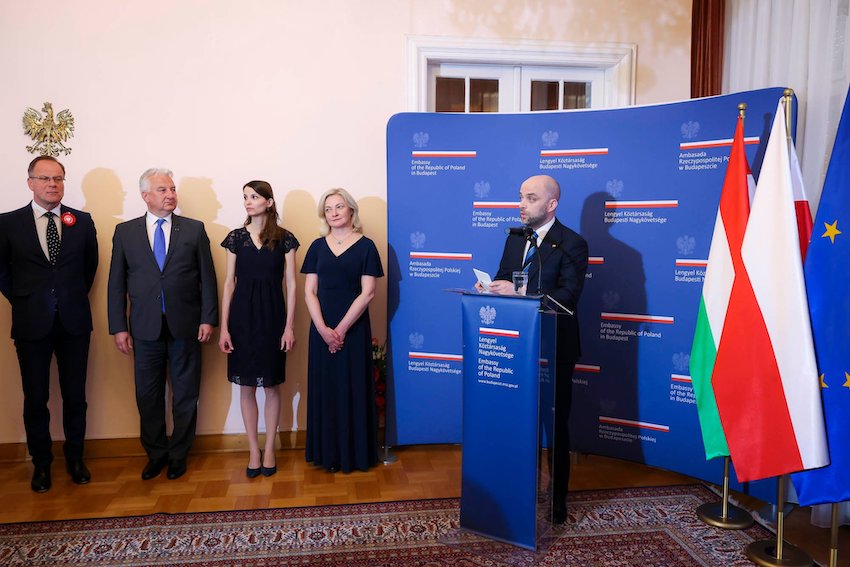

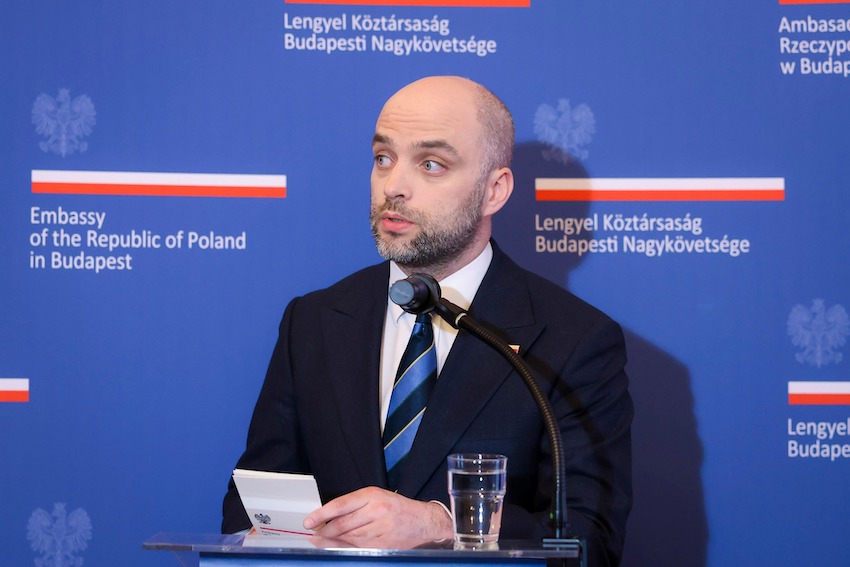
Taking the floor, Minister Tibor Navracsics expressed his gratitude and honour for the invitation to celebrate the Constitution Day of Poland together as a representative of the government and the people of Hungary.
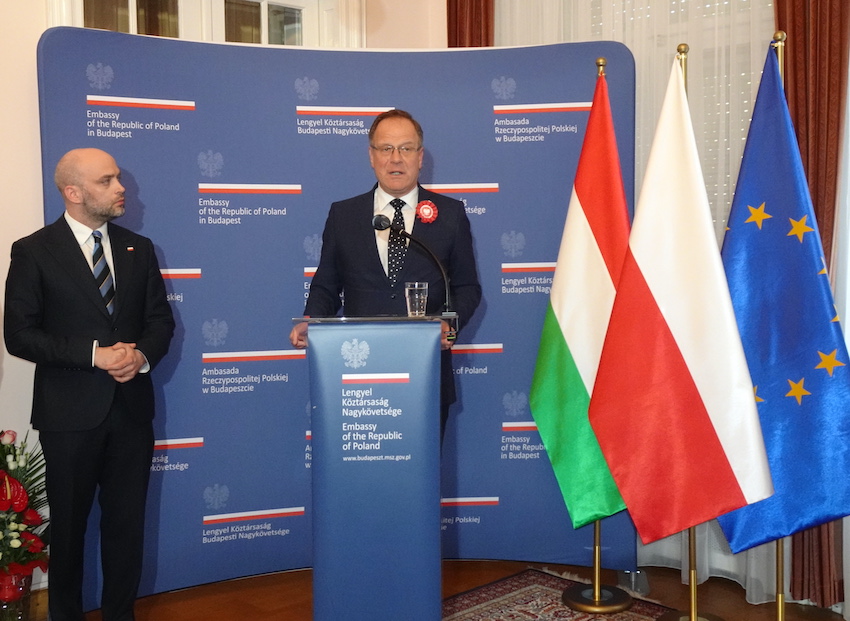
Speaking about the importance of the Polish Constitution on 3 May 1791, the Minister emphasized:
“The Polish Constitution is the second oldest in the world, which illustrates the fact that Poles have the second longest tradition of rule of law, so they do not need to take lessons in rule of law. They are very active and diligent actors of the European cooperation in political terms and other aspects as well.”
“Poland and Hungary are linked by a 1000-year friendship that is unique in history. This close, historical friendship and partnership exists on official and personal level, we helped each other in various times. These personal contacts, stories and bonds make our friendship strong and very deep, deeper than protocol events and diplomatic relations and deeper than the surface of European politics itself. We have stood side by side for centuries, even now as our joint dreams have been realised and we became members of the European Union. Now it is up to us which Europe will be built in the future, which way and path will be chosen on the European decision-making arena.”
“We work together because we share a vision about the future, not only a political and real political vision toward the future, but a much deeper cultural vision, a vision about a Europe where culture does not separate but links us together in the West European and Central European regions. We can learn each other’s history, we can learn from each other’s history and we can build a common European future. Long live Poland! Congratulations on your National Day!”
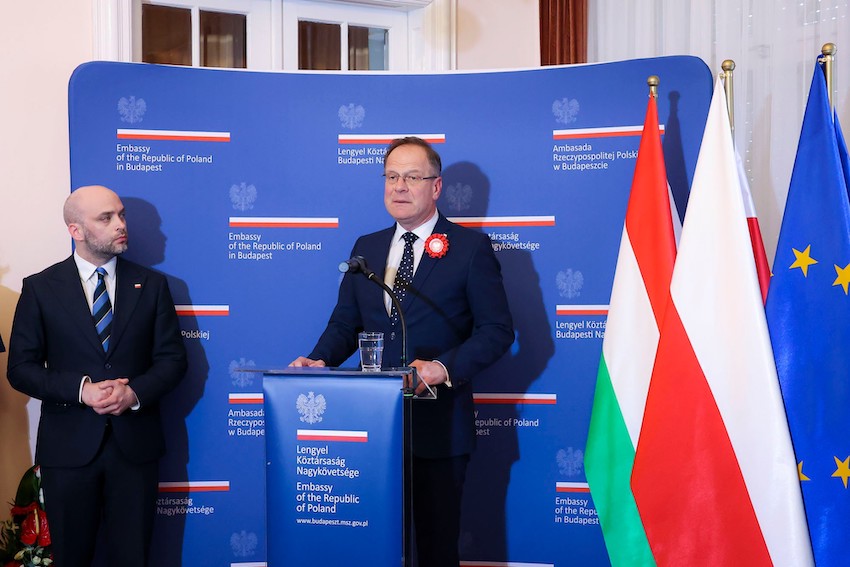
The official part of the celebration was followed by a concert featuring two great Polish artists: Irmina Trynkos violinist and Tomasz Lis pianist, who brilliantly performed famous pieces by Fréderic Chopin and other lesser-known Polish authors, as well as some works of Hungarian composers, and their performance was highly appreciated by the audience.
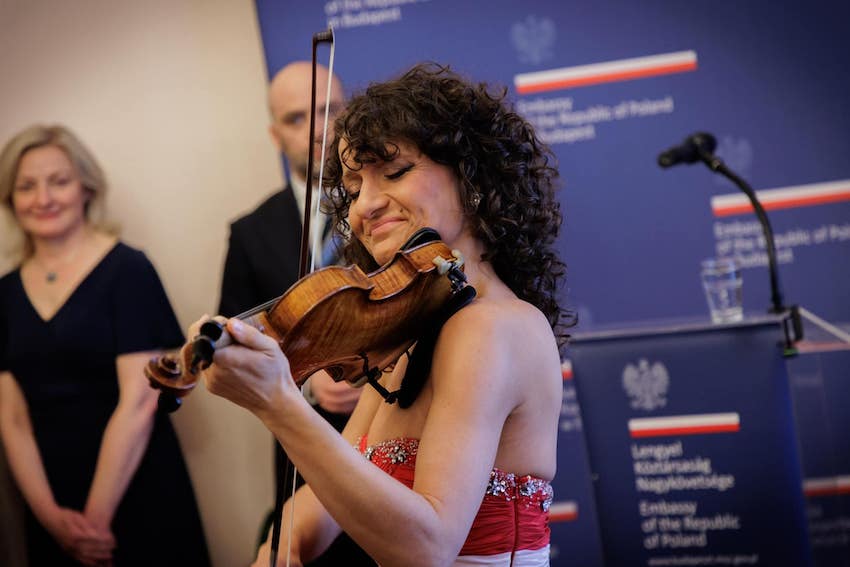
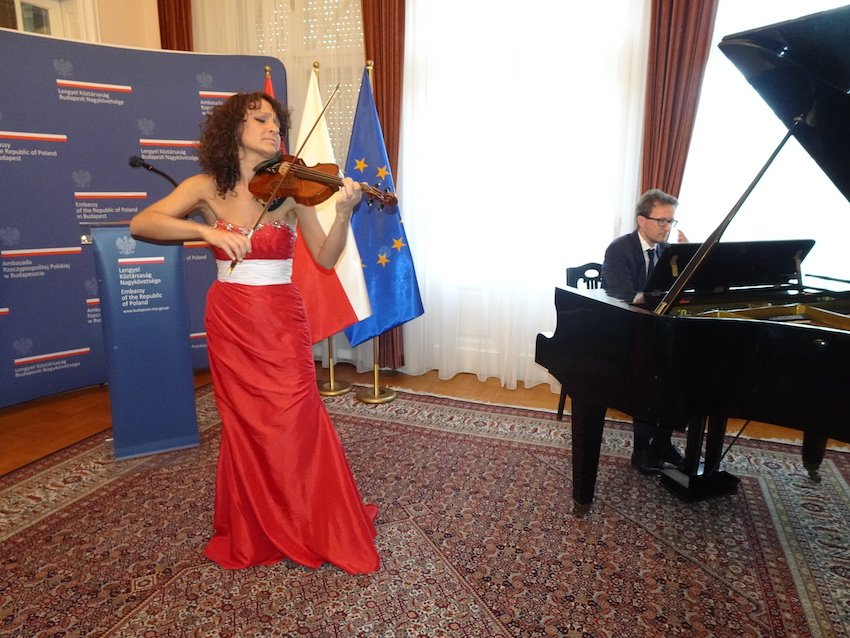
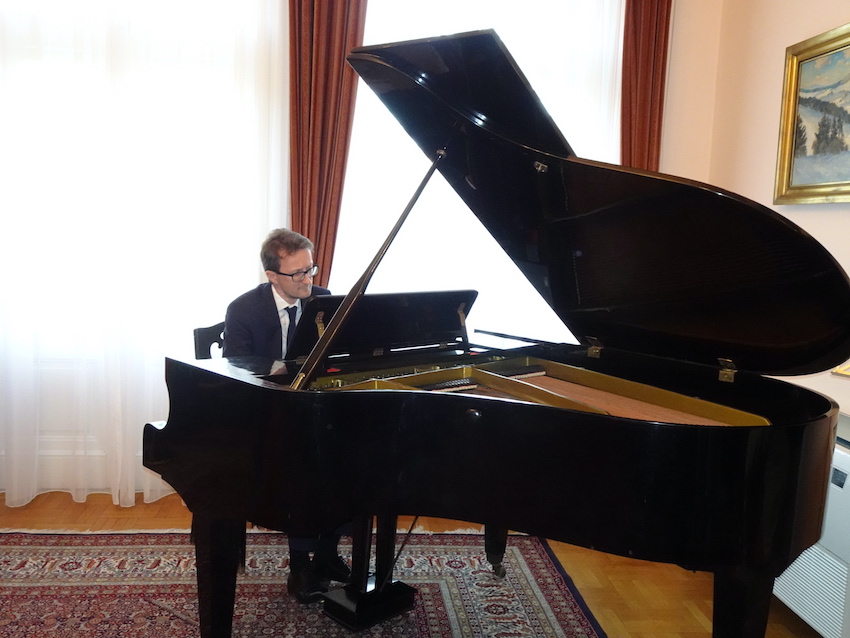


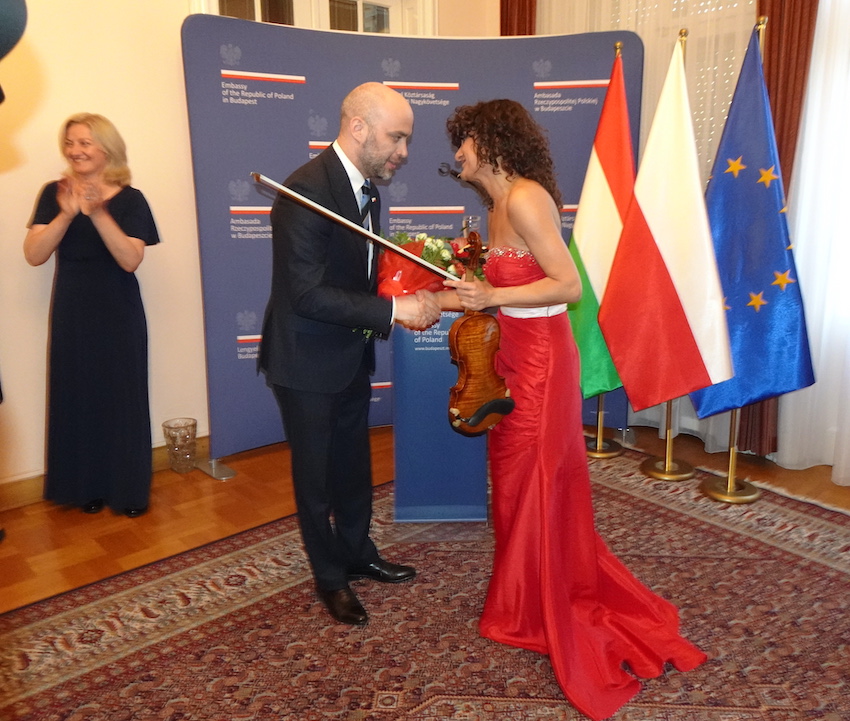

During the reception, the invitees had the occasion to enjoy some specialities of Polish gastronomy, including cider and apple pie made from one of the country’s most popular export products, Polish apples, which is in high demand on European markets.
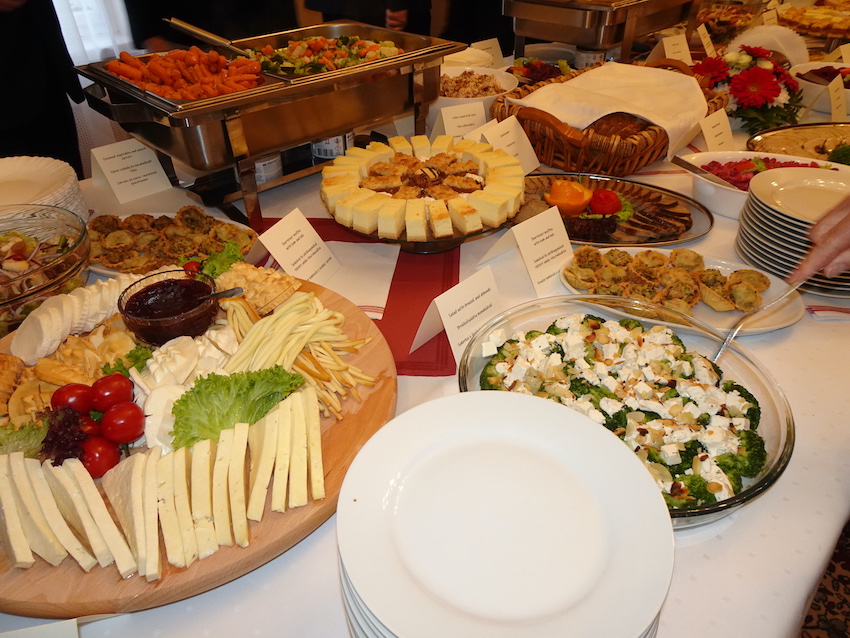


Source: Embassy of Poland in Budapest

